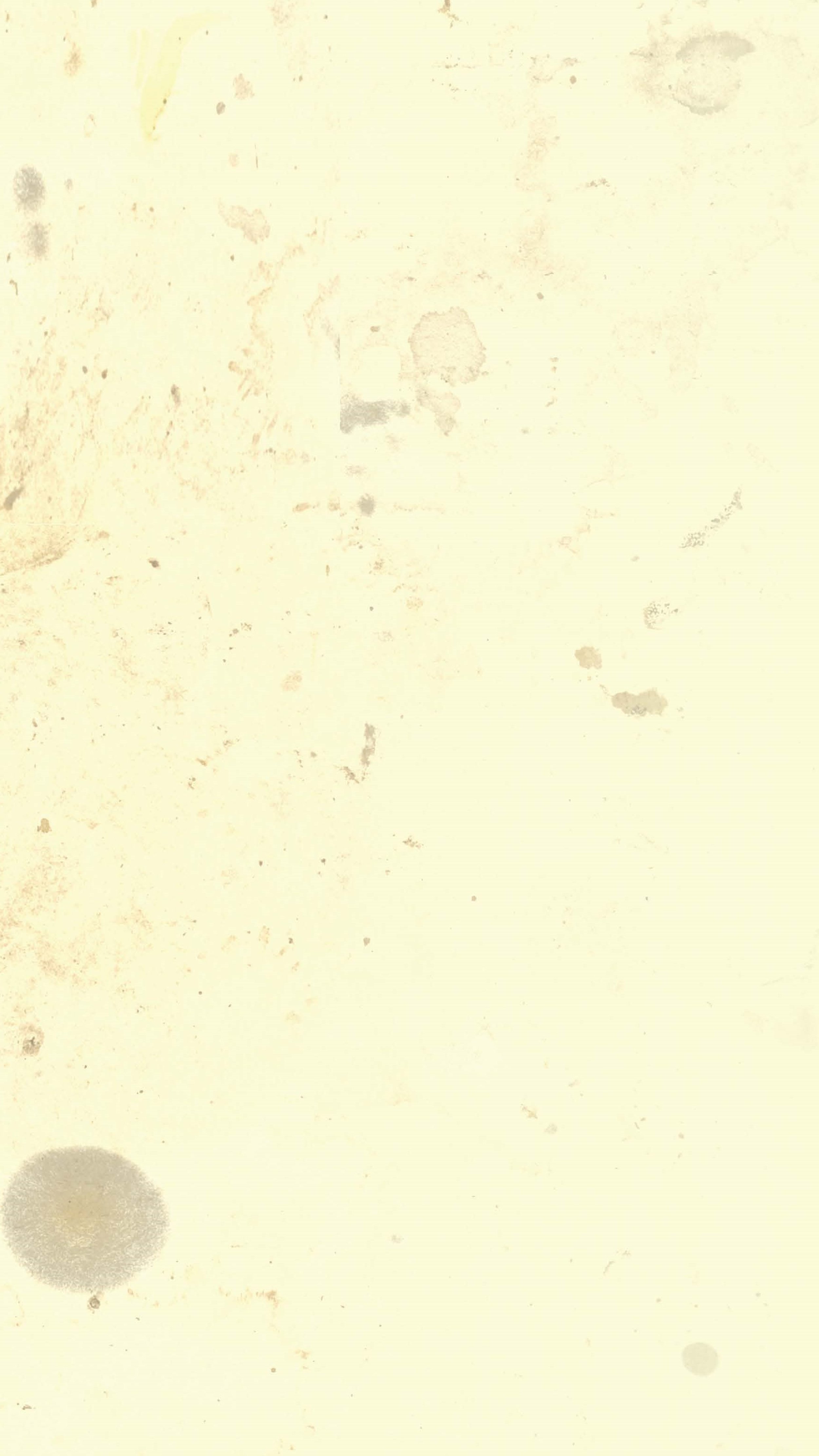
Selections from FM GALICIA
16.12
While I was still a student in the Department of Biology, I realized that biology itself provides as much a fundamental foundation for education, for a worldview, and for comprehending philosophical formations, logical constructions, and even artistic creations and metaphors, as does, perhaps, linguistics. Simply put, biology can be the basis for everything the mind requires. But today I met up with a former classmate, whom I had not seen for many years—a fellow biologist who had changed professions and was now informing me about a whole system of observations he had made concerning the influence of various biological sciences on the psyche.
Entomologists (insect specialists) always become collectors. Moreover, they are collectors by nature—they collect everything, even experiences and emotions, which they carefully systematize. Botanists are a varied sort. Some almost become philologists, others become erudite practical workers—gardeners, horticulturists, mushroom-pickers, floriculturists—while the rest become experts of every corner of a certain region. They know exactly where everything grows.
A separate category is made up of all who work with a microscope. Herpetologists, ichthyologists, and physiologists constitute another bunch of weirdos. But completely apart from all of these are ornithologists—those who study birds. To decide to become an ornithologist is already a sign of an unstable psyche. Ornithologists can be recognized immediately and unmistakably. They are unique. Something pulls them from the earth up into heaven. They probably corral birds into God-knows what and travel somewhere with these harnesses. Ornithologists do not see the ground—only the sky, the tree tops. These are their roots. Just think about it: to count, based on their contours, flocks composed of thousands as they move; to plot paths between us and Africa; to put a ring on captured birds’ legs and receive telegrams from the island of Java, should one of those birds happen to die there; to be able to differentiate between twenty shades of pink in the tiny feathers on a little belly. To recognize nests and eggs of various sizes and colors. To constantly look into binoculars, lorgnettes, and clear tubes. To know which trolley will get you to see a certain migrating flock on time. All these things do not lead to a normal psychic state.
I know this from my own experiences of co-existing with birds: thrushes would nibble on bushes of berries, and I would then gather them; crows always sat on the building outside my window; sparrows would not allow swallows into their nests on my balcony; a rook drowned in my bucket of water; a crow lived with me for a while; my kids found a frozen parrot that later flew freely around my house; a stork fell, weakened by a long flight, while I was on my post when I was in the army; pigeons that my neighbors would fry up on Saturdays; a crane that flew to my forest from bombarded Serbia; crows from which I stole nuts in the army… If plants are notions, and animals are pictures, then birds are symbols and signs. I was not surprised that my acquaintance had become a theologian. Because, in some way, birds are similar to angels.
Translated by Mark Andryczyk
